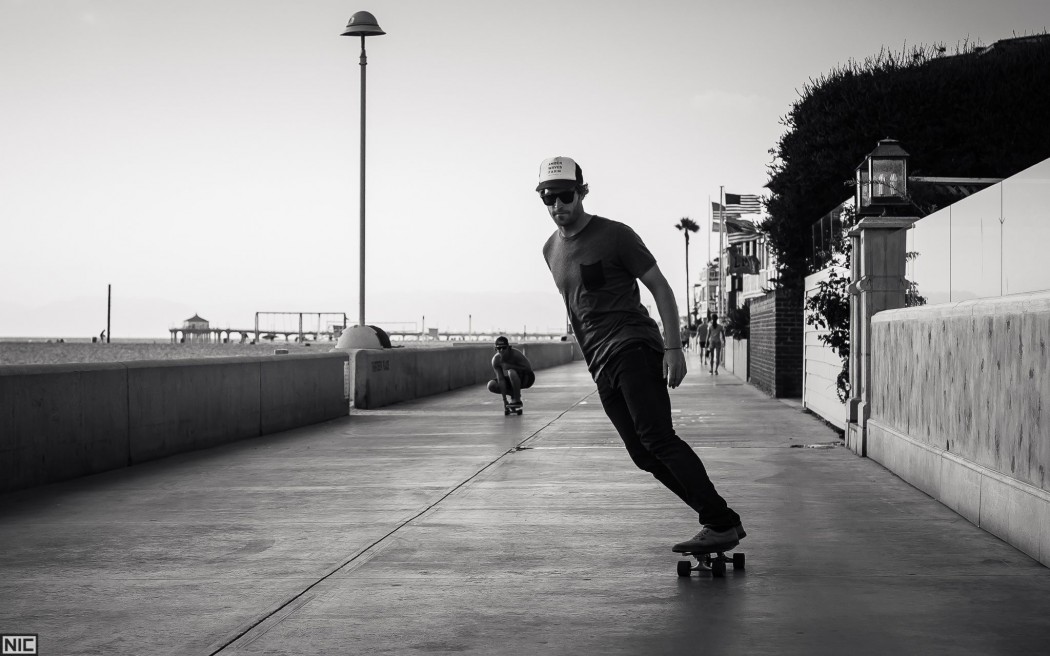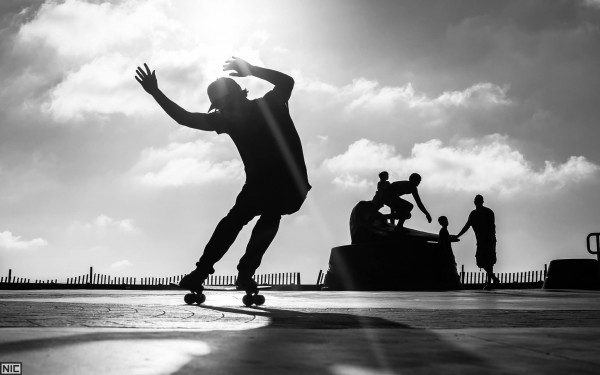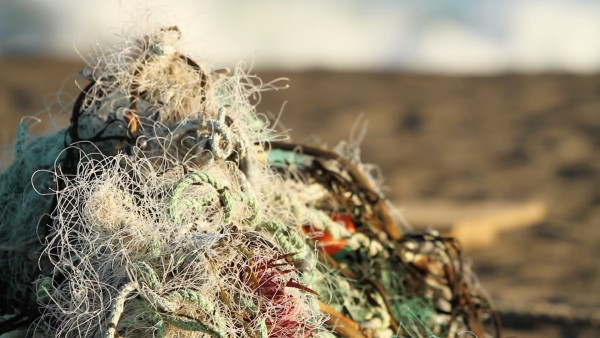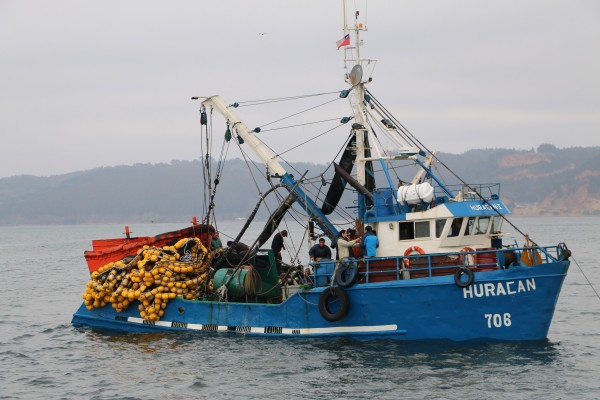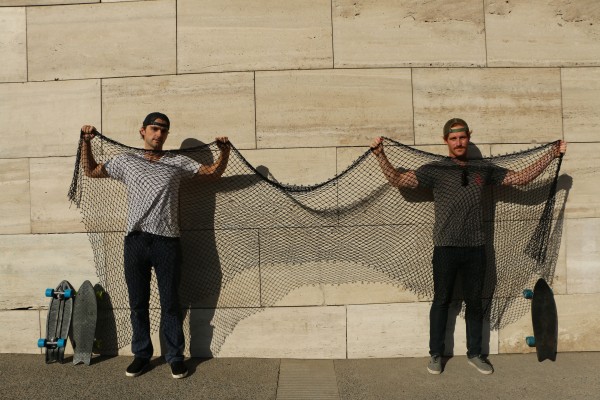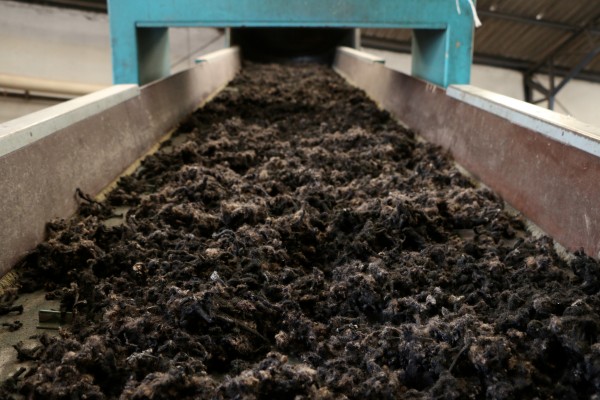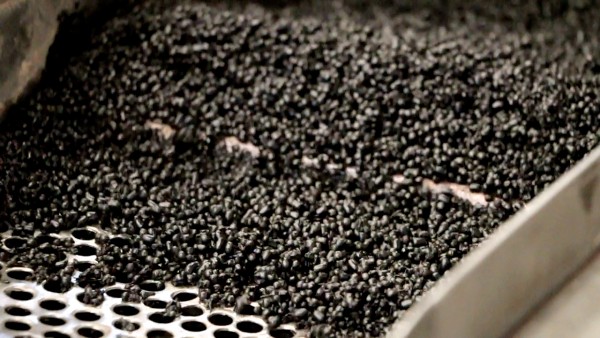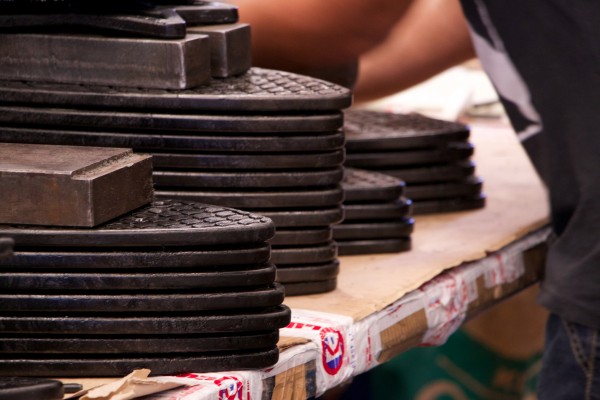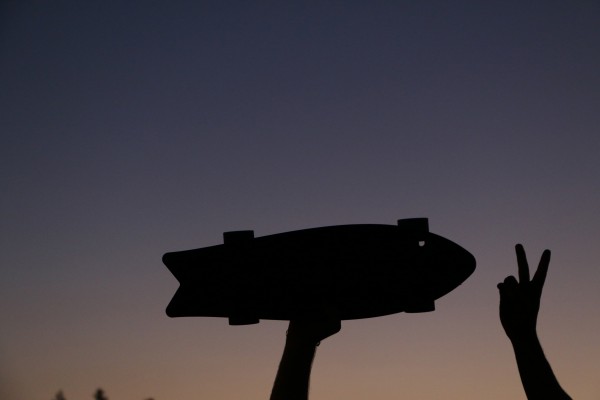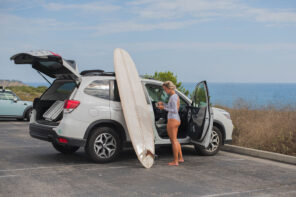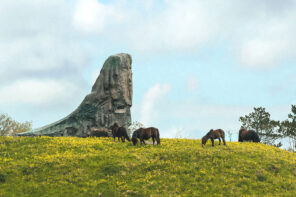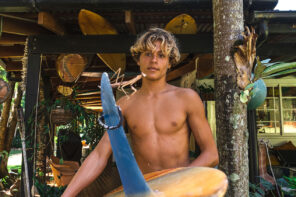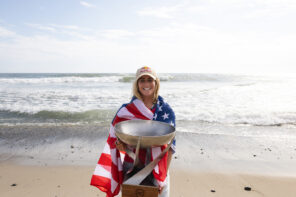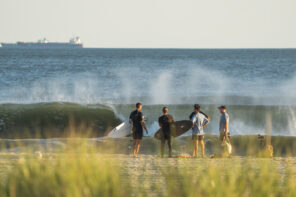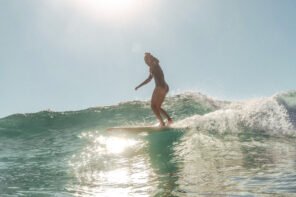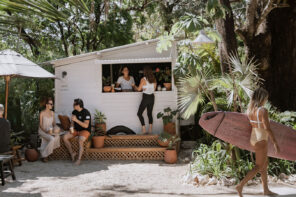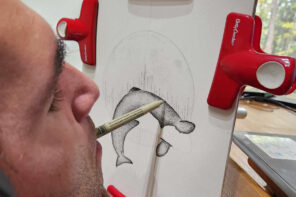Skateboarding and surfing have a funny relationship. While surfing, in the recent years, has begun to adopt skateboarding’s “highly technical at no cost to style” approach (i.g. see Chippa Wilson and Noa Deane), it’s been a long time (i.g. Z-Boys era) since skateboarding has shown much interest in adopting what surfing brings to the board-riding table.
One lesson that skateboarding could certainly take from surf culture though, is the establishment and support of eco-friendly initiatives. While surfing has given birth to globally beneficial organizations such as Surfrider Foundation and Waves for Water, the skateboarding industry has very little to show as far as being sustainable. That was until Bureo Skateboards came about.
Founded by three right coasters, Ben Kneppers, Dave Stover and East Hampton native, Kevin Ahearn, whose paths crossed in college and internationally, Bureo takes a unique and sustainable approach to skateboard manufacturing — an industry that is continually figuring out how to successfully tap into the consumer trend of going green.
Interestingly enough, Bureo’s genesis did not spawn from wanting to make innovative cruiser boards, but from an inherent desire to preserve and conserve the ocean, a vital part of David and Kevin’s growing up in and around Montauk. Paired with Ben’s background in sustainability consulting, as well as his government job in Chile, the boys set out to see if they could provide an answer to an intimidatingly simple, yet immensely impactful question: “What if we can pay people to clean the ocean?”
After a series of international events including the writing of a business plan in an Australian library, acceptance to an entrepreneurial program in Boston, a successful crowd-funding campaign on Kickstarter and finally, the bringing of all three members together in Chile, Bureo Skateboards officially formed.
This past month, I had the opportunity to get in touch with Dave and Kevin, who were busy forgoing sleep and sneaking in surf sessions in California, all while gearing up to visit South America, Portugal and Hawaii on business. Kevin was rad enough to walk me through their recycling initiative, Net Positiva, which seeks to resolve the growing issue of ocean plastic pollution by collecting and recycling fishing nets that are on their deathbed, and turning them into not only the perfect cruiser board for surf checks and flat days, but also jobs for various communities along the Chilean coast. Check it out, below.
- Step 1: Fishermen and community members drop off near-death nets at collection points stationed in remote port towns along the coast of Chile.
- Step 2: Local community members are paid a fair days wage to sort and clean the nets, removing foreign debris such as weights, buoys and ropes. The communities themselves are compensated per pound of net returned, an incentive that promotes the program’s expansion.
- Step 3: Once the amount of nets accumulated reaches a sufficient level, they are placed in large, reusable bags and picked up by trucks that would otherwise be returning to the capital city of Santiago, where the recycling center is located, empty. This choice in transportation reduces costs and the program’s carbon footprint.
- Step 4: Upon arriving at the recycling center, the nets are mechanically shredded and returned to a state of fibrous fluff. This fluff is then spun to remove any remaining foreign material, and processed through a pelletizer to turn the fluff into plastic pellets, which can be treated exactly as brand new pellets would be treated.
- Step 5: The born-again pellets are then placed in a 400-ton steel molding press where they are melted down and become subject to a combination of liquid and extreme pressure and temperature. Once the part has cooled, the mold opens and a skateboard deck pops out.
- Step 6: In the final stage, the decks are shipped via ocean freight from Chile to California where Bureo’s headquarters are located. The complete skateboards are assembled and submitted to quality control then shipped out to stoked customers all over the world!
Since then, Bureo received a seed investment from $20 Million & Change, Patagonia’s internal fund, and their boards have made their way around the globe, ending up under the feet of everyone from young girls at surf schools in Bangladesh to well known musicians like Jack Johnson (who may or may not have been the third person ride the first completed Bureo skateboard).
When asked what’s next in production for Bureo, Dave put the rest of 2015 into perspective, “We just received a ‘scale grant’ from Chile, which will help with growing the operation and by the end of the year we’ll be releasing a second skateboard model. We also definitely see an opportunity to utilize the plastic for other products.”

